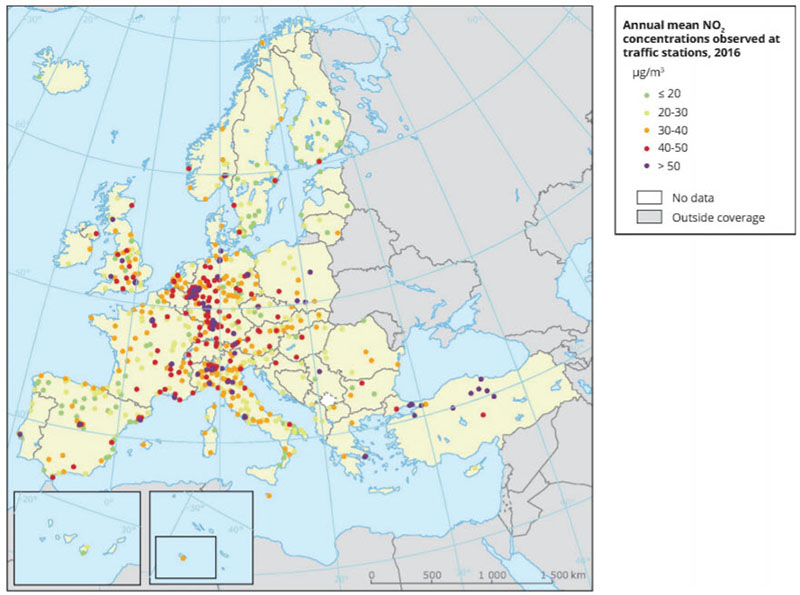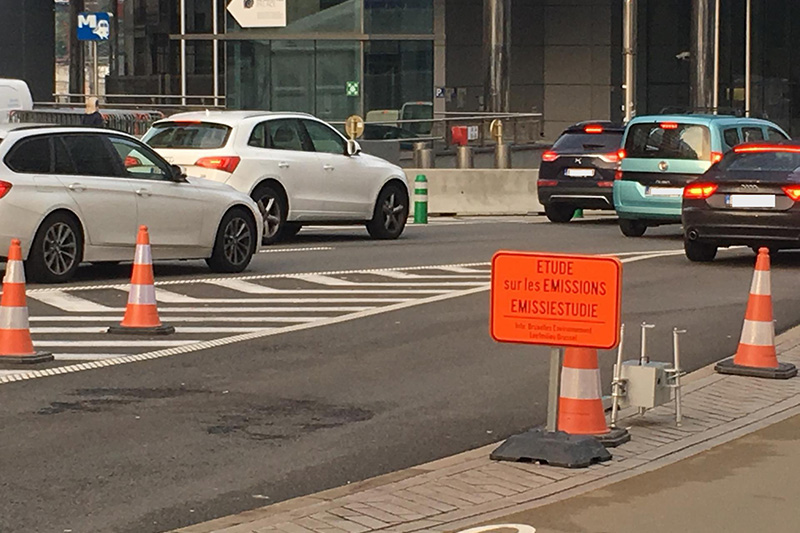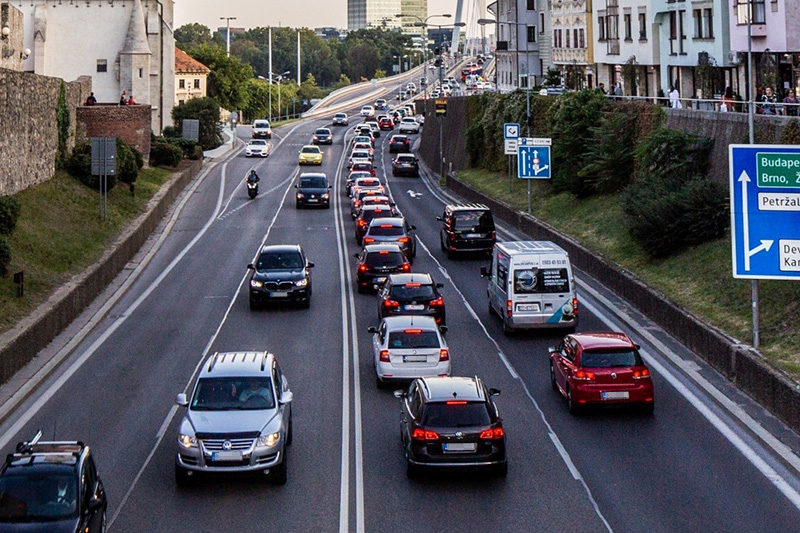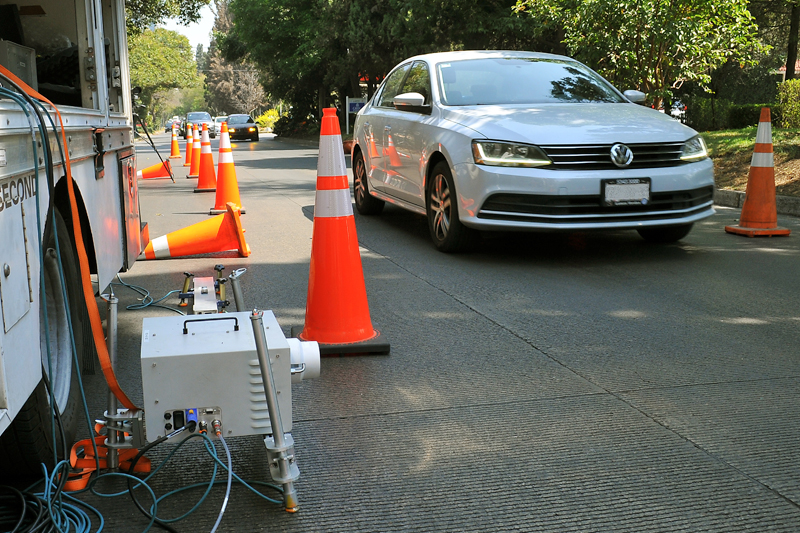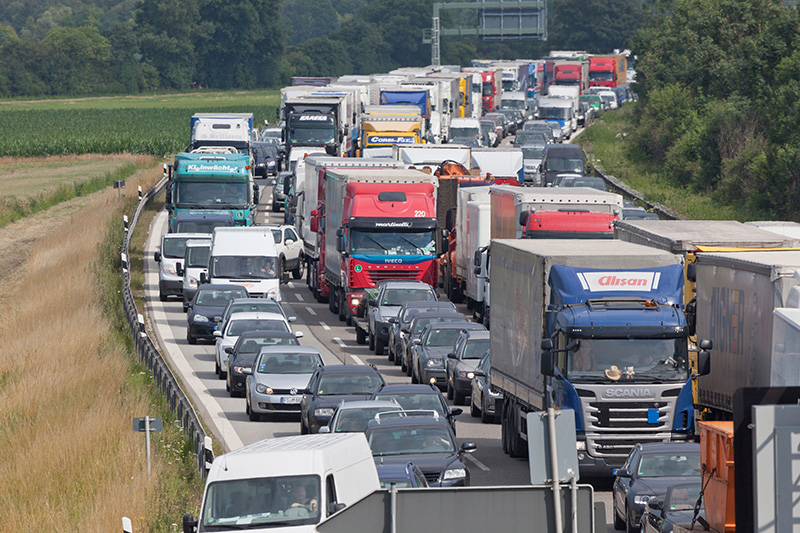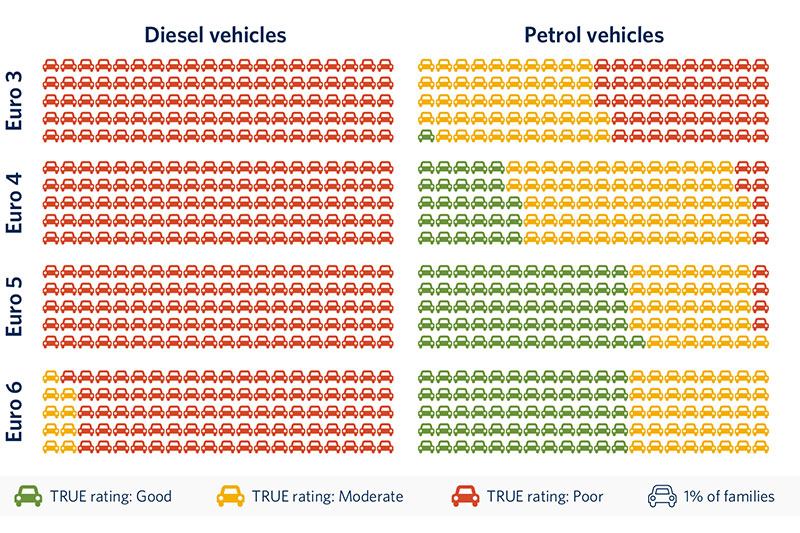Real-world data needed for effective air quality policies, says new report
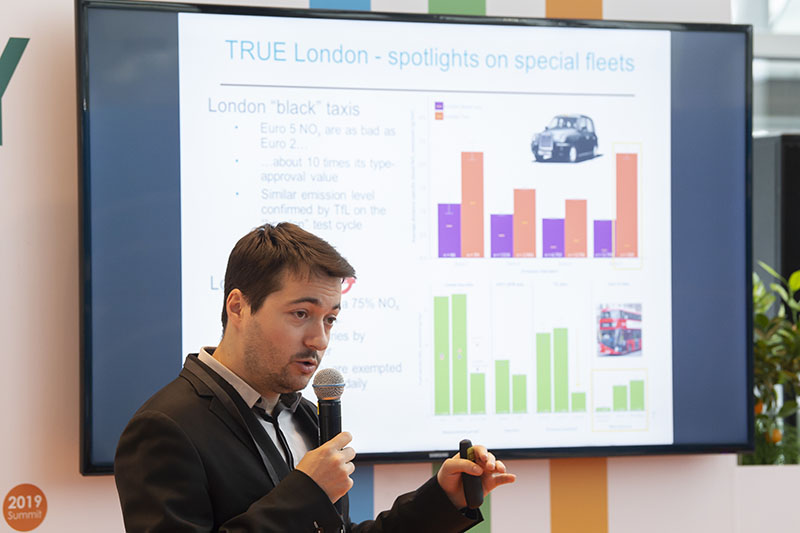
A new report exploring the importance of real-world emissions data to help cities develop effective zero-emission policies was launched at the International Transport Forum’s conference in Leipzig, Germany on 22 May.
The report, entitled ‘How can real-world vehicle emissions data help cities to become zero-emission: some evidence from Europe’ was produced by TRUE partner, the International Council on Clean Transportation (ICCT), with insights from TRUE’s work across the continent and the city of London.
Excess NOX emissions from on-road diesel vehicles are responsible for 11,400 early deaths in Europe each year – predominantly in cities. Blanket bans for older vehicles have not had the impact many city administrations expected because of the wide gap between laboratory emissions and the real-world emissions of vehicles on city streets. Previous TRUE research revealed that some of the newest vehicles (Euro 5 and 6 models) produce up to 18 times NOX emissions limits.
The barriers, therefore, to effective air quality policy are a gap in understanding the unique vehicle mix in individual cities, followed by the implementation of policies for vehicle restriction, including: public acceptance; legal framework; costs and resources; and enforcement
Sheila Watson, Deputy Director of the FIA Foundation, said: “This is a vital resource for any city administration seeking to understand the key factors which dictate whether an urban air quality policy will succeed or fail. What is clear is that action is desperately needed, based on accurate real-world data, to end the thousands of deaths each year as a result of toxic emissions from dangerous vehicles.”
